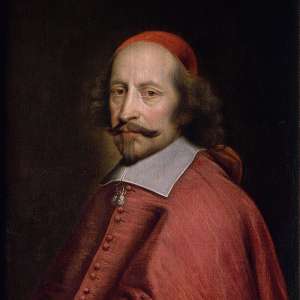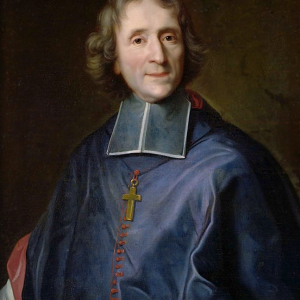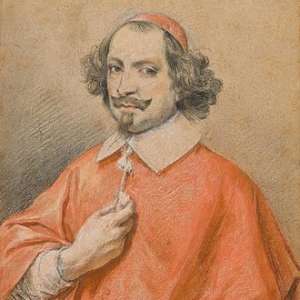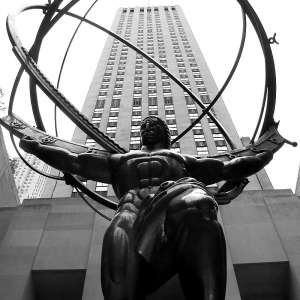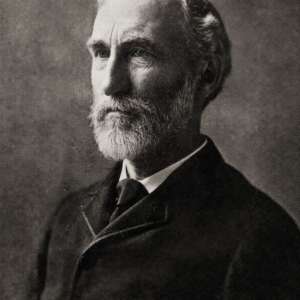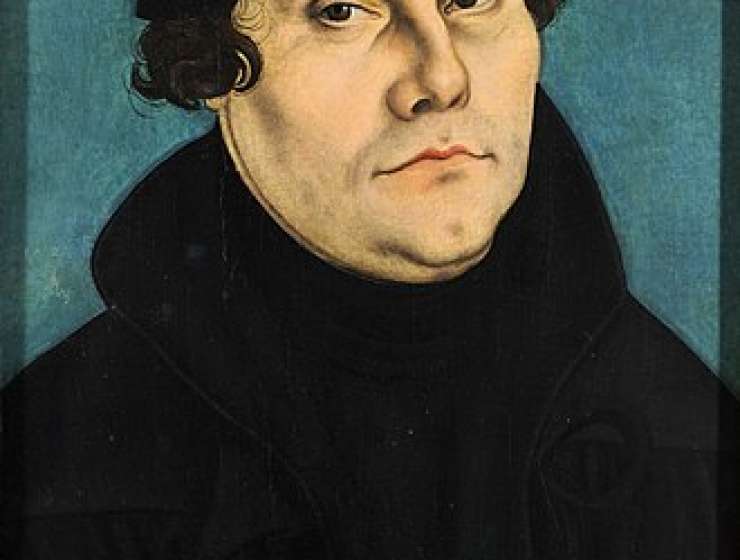
Theology is morality is politics is law—and whether or not it’s immediately obvious, the world is steeped in theology. In contemporary America, and especially in the more secular precincts of Western Europe, it seems unlikely that one could look at a property deed or a government budget and find, just beneath its explicit reasoning, traces of old theological disputes and their resolutions. But they’re there, and examining them offers a view of what might have been, had history—in particular, the Protestant Reformation, ignited 500 years ago this October by a German monk named Martin Luther—unfolded differently.
Luther cuts a perplexing historical figure. In various depictions, he is by turns fiery or meek, bombastic or shy, licentious or pious, revolutionary or reactionary, cunning or naively bewildered by what his high-minded remonstrance unleashed on the world. In Erik Erikson’s famous study of the early Luther, we find a young monk in the throes of an identity crisis that would eventually hurl Europe into a similar one; in Roland H. Bainton’s Here I Stand, we find Luther beset by tumultuous bouts of desolation as well as stunning moments of insight and clarity. Luther’s theology would place an emphasis on spiritual simplicity, but his interior life was anything but uncomplicated.


